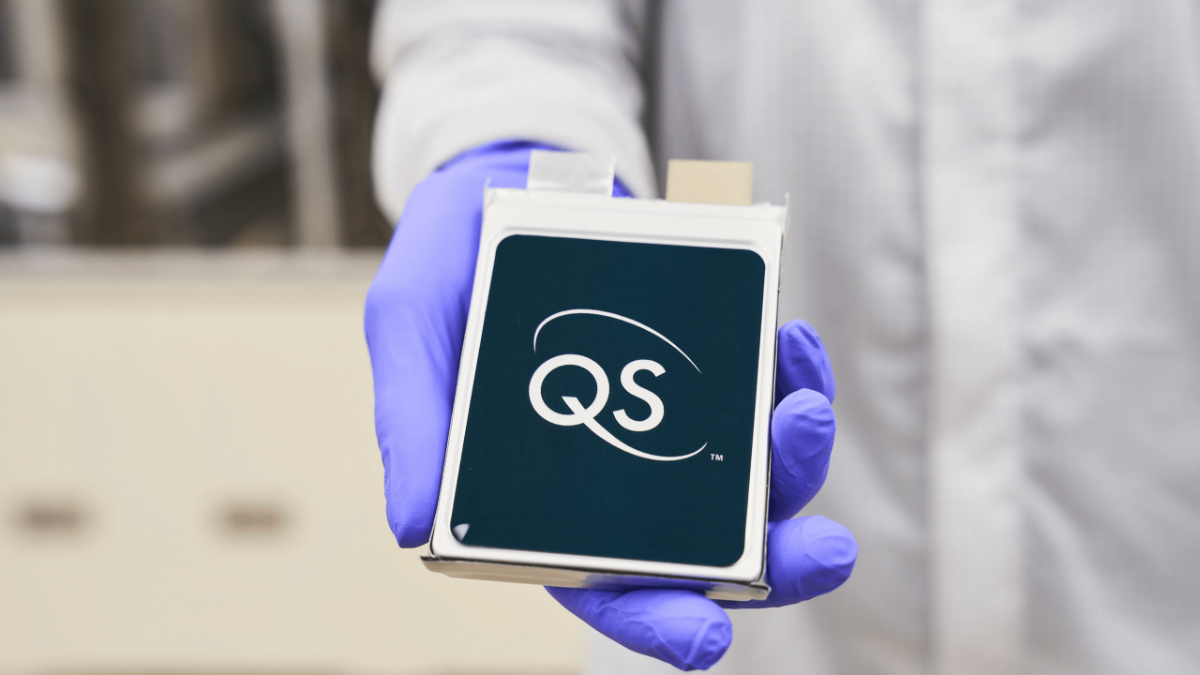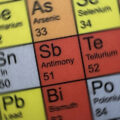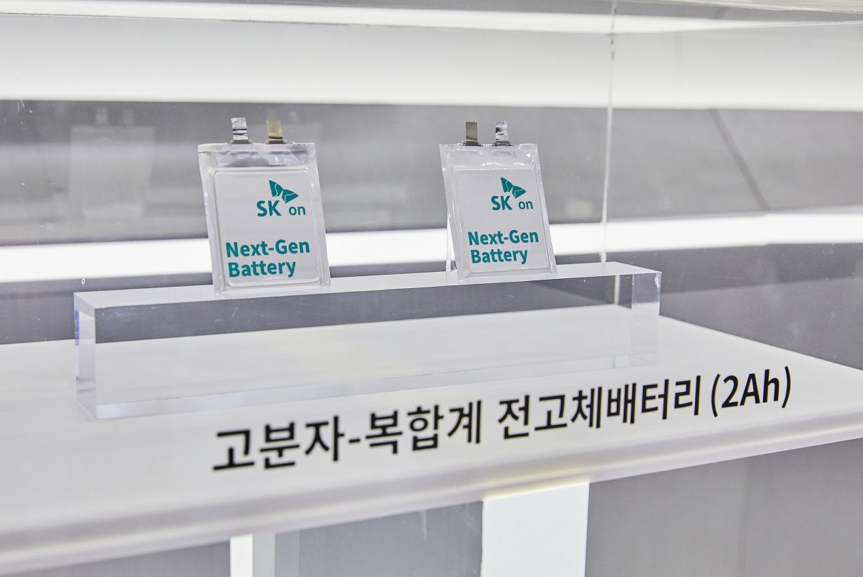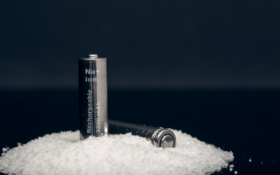Consultancy company Bain & Company believes solid-state and sodium-ion will be the only commercialised emerging battery technologies by 2030 in the EV market.
In a report on the EV market, it said solid-state batteries promise significantly higher energy density than NMC batteries, along with improved safety, faster charging and potentially longer life. “However, players have only recently been able to demonstrate initial proofs of concept following multiple delays, and commercialisation is likely three to four years away,” it said.
Energy density in sodium-ion has improved and in prototypes compares to LFP batteries. Bain expects to see commercial availability of sodium-ion EV batteries by the first half of 2025.
Bain partner Mahadevan Seetharaman said: “Batteries are the single biggest cost driver for OEMs and they influence product performance. However, ongoing flux across battery chemistries, especially within lithium-ion batteries, is affecting OEM product roadmaps. OEMs across the world face the critical choice of which battery type to use and whether to develop batteries in-house or through collaboration with other companies.”
It expects global EV battery demand to quadruple to 4,100GWh between 2023 and 2030, as car sales continue to rise.
Volkswagen’s PowerCo and QuantumScape announced last week they are joining forces so PowerCo can manufacture up to 40GWh of batteries per year using QuantumScape’s solid-state technology, with the option to expand up to 80GWh annually.
They said it represents the fastest way to achieve gigawatt-hour-scale production of solid-state technology to meet the growing global demand for better EV batteries. The agreement replaces an earlier joint venture between the pair to co-manufacture batteries.
Photo: 24-layer prototype battery cell in QuantumScape’s format. Volkswagen












